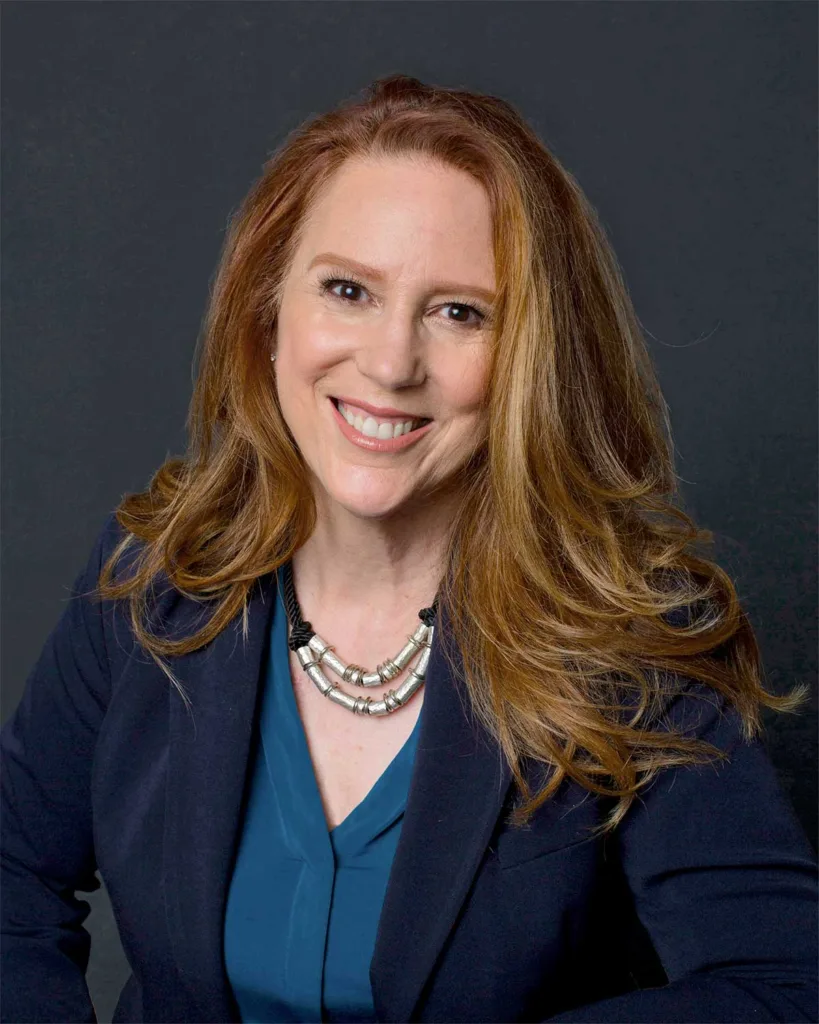Republished with permission from Governing, by Carl Smith
In Brief:
- The customary political tensions around a presidential election have taken on new dimensions, previously unknown circumstances casting shadows over the 2024 election.
- A vocal segment of the population still believes the 2020 results were not legitimate. Harassment and threats against election officials have reached new levels.
- This week, UCLA Law’s Safeguarding Democracy Project gathered panelists to discuss challenges that lie ahead and strategies to address them.
The Department of Homeland Security (DHS) cautions that domestic actors have introduced new unknown factors into the 2024 election cycle. Its 2024 threat assessment warns that DHS expects the upcoming election cycle to be “a key event for possible violence and foreign influence targeting our election infrastructure, processes and personnel.”
In 2020, DHS warned about what Iran, Russia and China might do to sow “discord, division and distraction” around the presidential election. These concerns remain in 2024, but domestic actors with a range of motives are playing an increasing role, cultivating distrust of election processes and antagonism toward the people who administer elections.
The DHS assessment confirms the concerns of the Safeguarding Democracy Project at UCLA Law, which works to preserve election integrity.
In a webinar on Tuesday of this week, “What Can We Do to Have a Fair and Safe Election in 2024?,” project director and legal scholar Rick Hasen brought together election administration experts to review lessons from 2020 as well as anticipate the effects of developments in social media, artificial intelligence and foreign interference that could bring novel challenges.
He was joined by MIT political scientist Charles Stewart III; Renée DiResta, research manager at the Stanford Internet Observatory; Kate Klonick, a law and technology researcher based at St. John’s University; and Kim Wyman, senior fellow at the Bipartisan Policy Center. For her part, Wyman also served as the Republican secretary of state in Washington state before joining the Biden administration as election security lead for the Cybersecurity and Infrastructure Security Agency.
Changing Dynamics
Every election is unique. It’s not possible to know in advance what the circumstances will be, or how people will behave, Klonick said. The social media ecosystem has changed considerably since 2020. Some have fled Twitter since Elon Musk purchased it. More people are using decentralized, open source platforms such as Mastodon. Large platforms are convening to develop ways to deal with misinformation, but the outlying channels that have proliferated are a new development and controlling them could be difficult. In addition, the Supreme Court is currently considering cases involving laws enacted in Texas and Florida to limit the ability of social media companies to remove or block content, originating from grievances that conservative views were being censored. A ruling that posting on social media platforms is a First Amendment right that social media companies cannot abridge could mean more election misinformation and hate speech in circulation (or worse).

Kim Wyman, Bipartisan Policy Center, former Biden election security official and former Washington state Secretary of State. (Photo Courtesy of Washington Secretary of State Office)
The last election made it clear that most Americans don’t understand their election system and its layers of physical and cyber security, Wyman said, opening the door for bad actors to cast doubt on results. Election officials will need to continue to tell their story and fill this gap—a heavy lift for a system made up of nearly 9,000 decentralized offices, a third of which have fewer than one full-time employee. Wyman, who served the U.S. Cybersecurity and Infrastructure Security Agency for nearly two years as its top election security adviser, is concerned that foreign adversaries will exploit poor understanding of technology systems. The odds of hacking an election office website are in their favor, but the digital infrastructure of election offices is not connected to vote tabulation systems. The public doesn’t know this, however, and claims that hackers changed vote counts will be believed.
Advances in artificial intelligence (AI) since 2020 mean new kinds of disinformation. Tools to create fake images and video, and to generate and amplify misinformation, are widely available. This could mean more capacity for distraction than for persuasion, DiResta said. Creating more and more unrealities can also provide pretext for denying things that are real by claiming they are actually AI. Facebook has announced it will label AI images; some platforms may follow suit and others ignore them. “AI is an accelerant, a shift, a difference, but it’s not necessarily the be-all, end-all of persuasive capability in communication,” DiResta said.
The behavior of traditional media outlets could also be different. Fox News paid nearly $800 million to Dominion for false reporting about its equipment, Hasen observed. A defamation suit against it by voting technology company Smartmatic is still pending. A Georgia jury has ordered Rudy Giuliani to pay nearly $150 million to two election workers he falsely accused of misconduct, claims of the sort he regularly repeated as a guest on news programs and were echoed by hosts.
Still Important
Some lessons from 2020 hold just as true in 2024. “A well-run election gets you a long ways,” said Stewart. The 2020 results have withstood legal challenges, repeated recounts and an attempt to hold on to office, because the election was run in accordance with established best practices. Attention to basics such as clean voter rolls, well-run polling places and getting mail ballots out all contributed to a “damn good” election. The unusual circumstances of the pandemic elicited a stronger-than-usual surge of public engagement, whether working at polls or supporting other aspects of election administration. This help is needed just as much in 2024.
The 2020 season brought home the need for election officials to communicate quickly to dispel rumors, said DiResta. A disruptive rumor might not start as intentional misinformation, but because someone experiences something they don’t understand and offers a wrong explanation for it. The official on the ground is in the best position to clarify things, and the sooner the better. (Such rapid response has been hard to do in understaffed, overburdened election offices.)
The shift to paper ballots that are scanned remains an important safeguard, enabling both machine and hand recounts if questions arise (or technology breaks down). Computer scientists and election geeks warn against running any election that places trust entirely in machines, personnel or security seals, Stewart said. You need ways to confirm results, and more paper is the key to that.
The continued rise of threats and harassment against election workers over the last four years has made necessary better communication between election workers and law enforcement. An FBI election crimes task force, created in 2021, is working with election officials and the Department of Justice, said Wyman. The Committee for Safe and Secure Elections has been connecting law enforcement and local election officers, providing materials and facilitating tabletop exercises. The tighter collaboration brought with it the realization by both election official and law enforcement communities that they didn’t understand each other and their respective roles around elections. “That’s been the focus for the last four years, and I have confidence that election officials and law enforcement are ready,” Wyman said.

Governing
Governing: The Future of States and Localities takes on the question of what state and local government looks like in a world of rapidly advancing technology. Governing is a resource for elected and appointed officials and other public leaders who are looking for smart insights and a forum to better understand and manage through this era of change.
